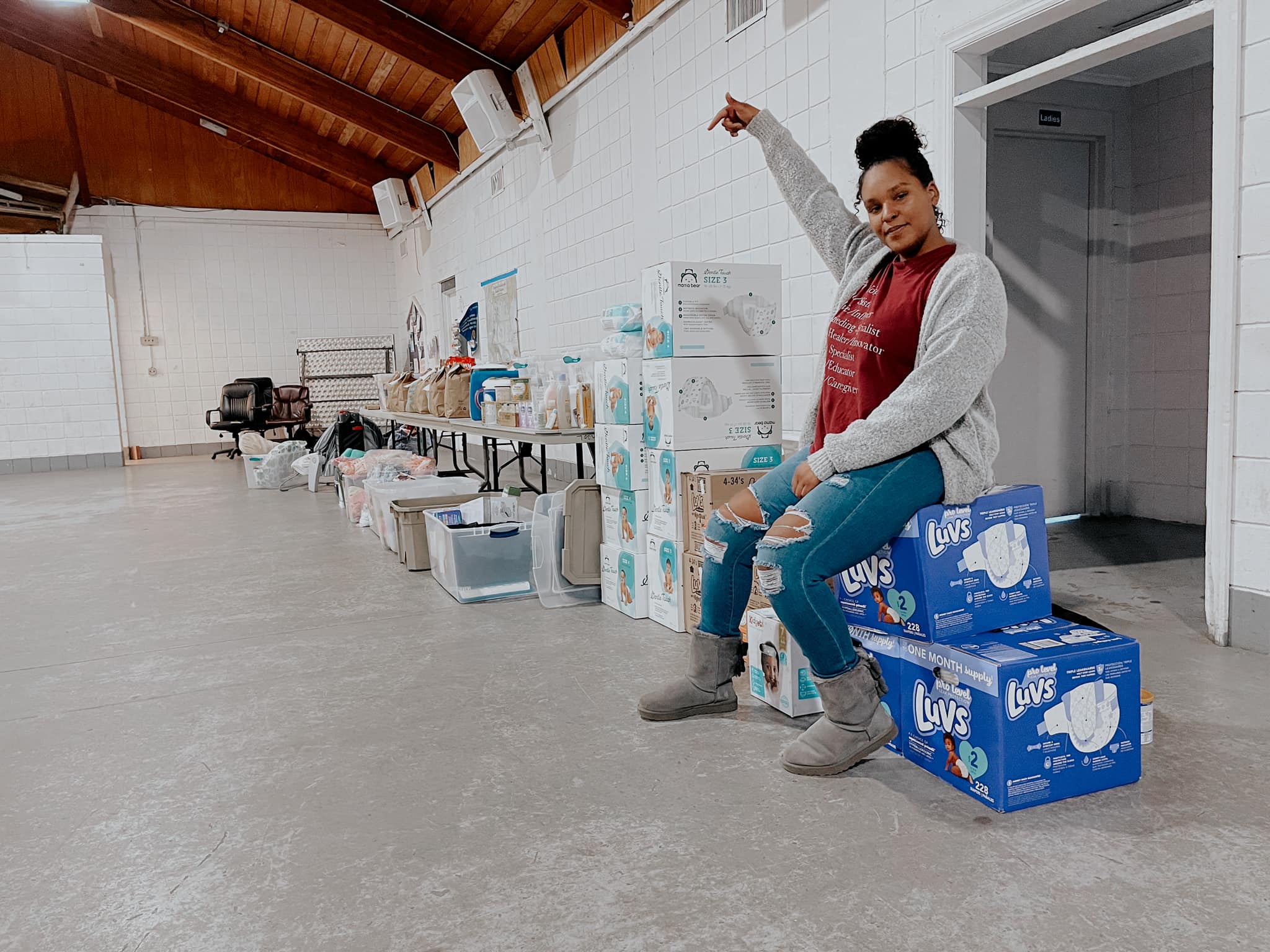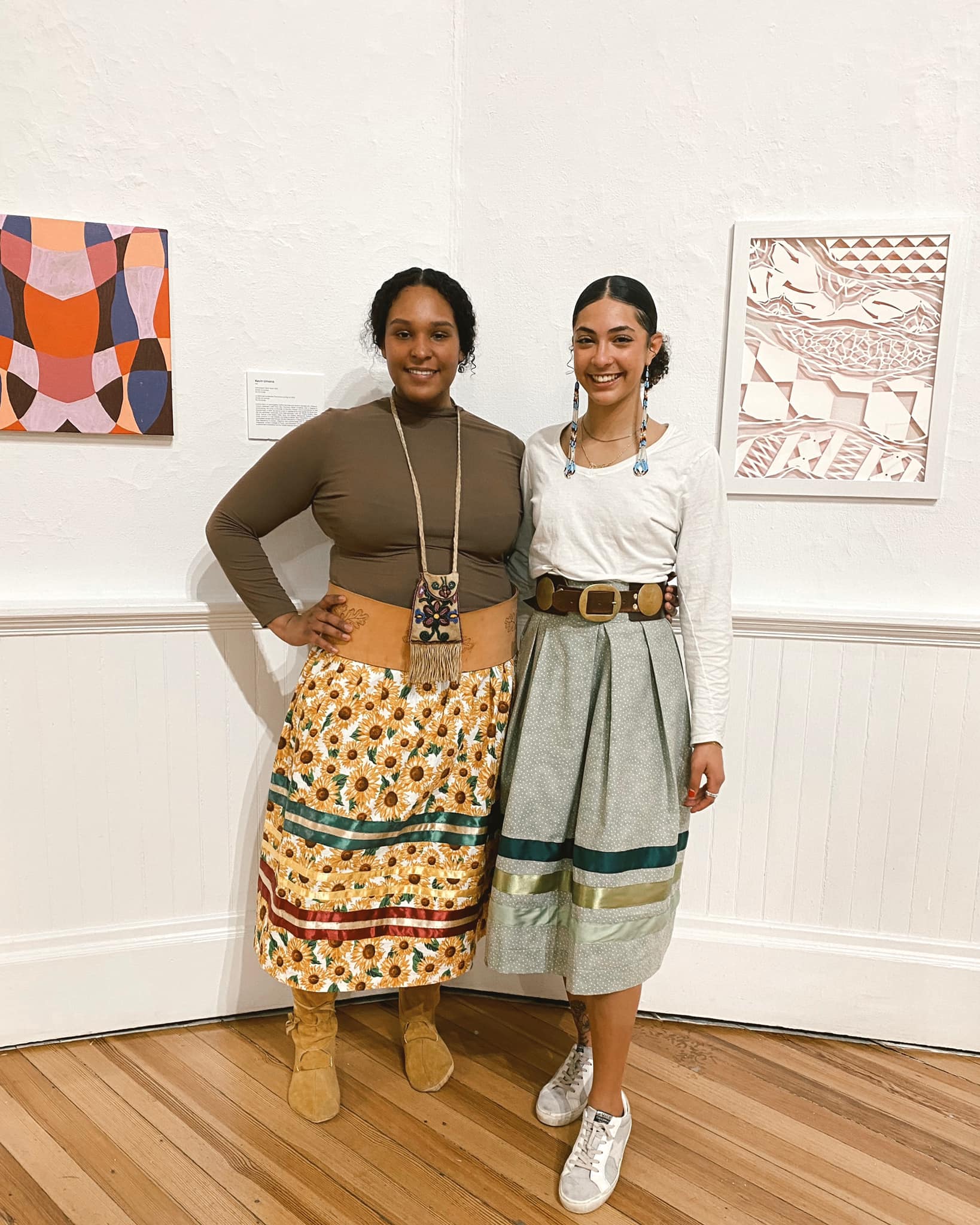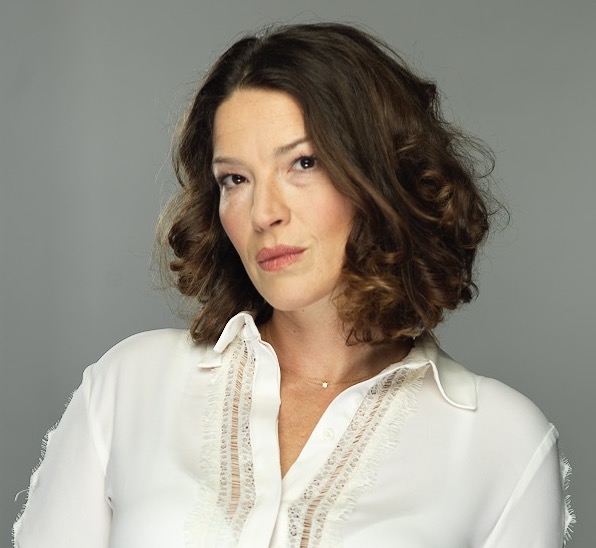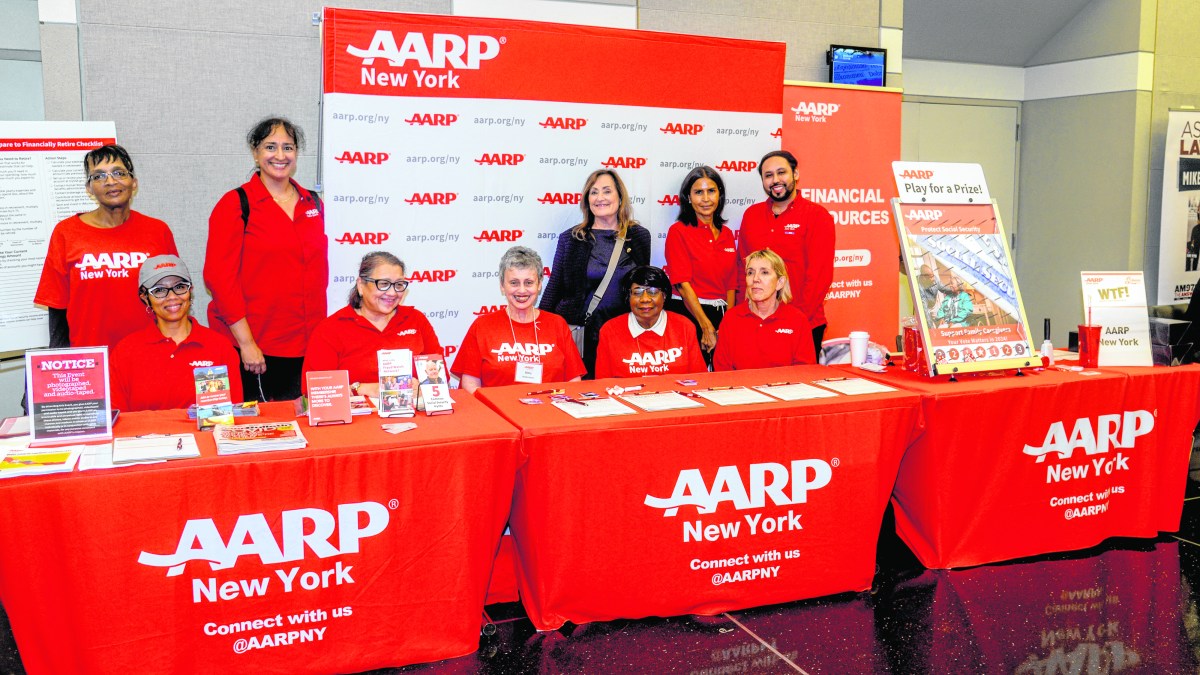Shinnecock Indigenous Doulas Help Educate New Generations

All Ahna Red Fox of the Shinnecock Nation wanted when she was pregnant with her first child was to choose her own birth journey, and she was on her way to doing so up until she went into labor. Red Fox, who grew up on Shinnecock Territory, graduated Southampton High School in 2014 and Cazenovia College in 2014, majoring in Inclusive Early Childhood Education.
She returned home to have her first child soon after.
Red Fox had a physically uncomplicated pregnancy, but, she says, “not so much emotionally, mentally and spiritually. A lot unraveled during my first and second trimesters.” She felt lucky to have had a great support system through family and friends, and she kept herself active and healthy. She wanted to explore options for a home/water birth, but was encouraged to have a hospital birth instead, because it was deemed ‘safer’ for herself and her baby, had there been any complications.
Unfortunately, she had a traumatic labor and delivery in the hospital, and hemorrhaged on the delivery table. “In later years of researching and becoming intrigued by birth workers, midwives and their works, I found out that this is actually common in Black and Indigenous women’s birth stories,” said Red Fox.
“Not much history is written on birth teachings, due to the colonization and westernization of such birth knowledge and teachings,” says Red Fox. She described Indigenous people honoring and celebrating birth by feeding the birthing person wholesome meals that contributed towards nourishing families and babies through pregnancy and throughout postpartum.

Birth was — and in her world still is — a community event, and everyone had a part in it. Grandmothers were midwives and aunties were doulas (training to someday take over the place of the grandmothers-midwives).
In 2018, determined to help change birth experiences for other women, Red Fox discovered a “Full Spectrum Indigenous Doula” training in Winnipeg, Manitoba (Canada) hosted by Zaagi’idiwin: a non-profit organization led by an Indigenous Midwife and Doula.
Red Fox returned home inspired to start her own birth work company, and later crowd-fundraised to fund her education, returning to Shinnecock in January of 2019 as a trained Full Spectrum Indigenous Birth Worker.
“I started serving my community in May of 2019, and haven’t stopped since,” she says. Thus far, she’s attended four births of Indigenous mothers and families.
Though Red Fox experienced great darkness during her first birth, she feels it’s important to relive and share her story in order to help others. “It’s been an inspiration for me to speak my truth, educate and bring awareness to the importance of knowing your birth options and rights, give tools and resources to be strong minded in decisions, most importantly: the consideration in the fact that we’ve been birthing our own bodies for thousands of years before modern medicine made its mark on us,” she says.
Now a mother of two, she’s been able to have a redeeming experience of a home birth attended by her fellow Shinnecock birth-worker and relative, Amira Nation. “I had a healing home-lodge birth in 2021 on my maternal grandmother’s land, Shinnecock Territory,” Red Fox says.
“Historically,” she shares, “the women in our ancestral villages were the lifegivers, the nourishers, and they carried the knowledge of traditional birth teachings and practices. Shinnecock is so far removed from our ancestral birth teachings, that my fellow birth worker Amira Nation and I have been doing the footwork of returning to the roots (origins), reconnecting, reclaiming, and bringing birth home to the people and land.”
A board member of East End Birth Network and Indigenous Doula Representative for the Suffolk County Maternal Morbidity and Mortality Task Force, Red Fox is also working on raising funds to open a birthing center on the Shinnecock Reservation.
“My knowledge supports the task force in multiple ways,” says Red Fox “the most important being that maternal healthcare on Shinnecock Nation is almost non-existent, underreported and underrepresented when it comes to maternal mortality, morbidity rates and the healthcare relating to it.”
East End Birth Network provides free services, inclusive of non-native and BIPOC women, as a 501c3 non-for profit organization. Priority goes to those residing in the townships of: Riverhead, Southold, Southampton, East Hampton, and Shelter Island.
Red Fox and Nation have also built the Neetuonk Garden Project and Traditional Meal Train, which feed Indigenous birthing people and their families from the 13 original Tribes of Long Island. Neetuonk Garden Project is an initiative to return traditional fruits, vegetables, and herbs to our original land, Red Fox reports, while nourishing the birthing people and families of Shinnecock.
To bolster their growing offering, Wuttahminneoh Birth Work is currently accepting donations of Long Island Native plants, herbs, as well as other varieties of food and plant medicine.
“We’re bringing forth this initiative to practice food sovereignty and full-body nourishment,” says Red Fox. “These pre-made meals are rooted in ancestral knowledge (from all Tribal Nations) and foodways, with a twist of contemporary. Our hope is to honor food along with creating and carrying new life (pregnancy), and beyond.”
People can follow Red Fox’s work on Instagram at @heartberry.bw, and learn more about her ongoing projects on her website, heartberrybw.com, or reach out to her via email at heartberrybw@gmail.com.

Alli Joseph is a journalist, producer and member of the Shinnecock Indian Nation.



